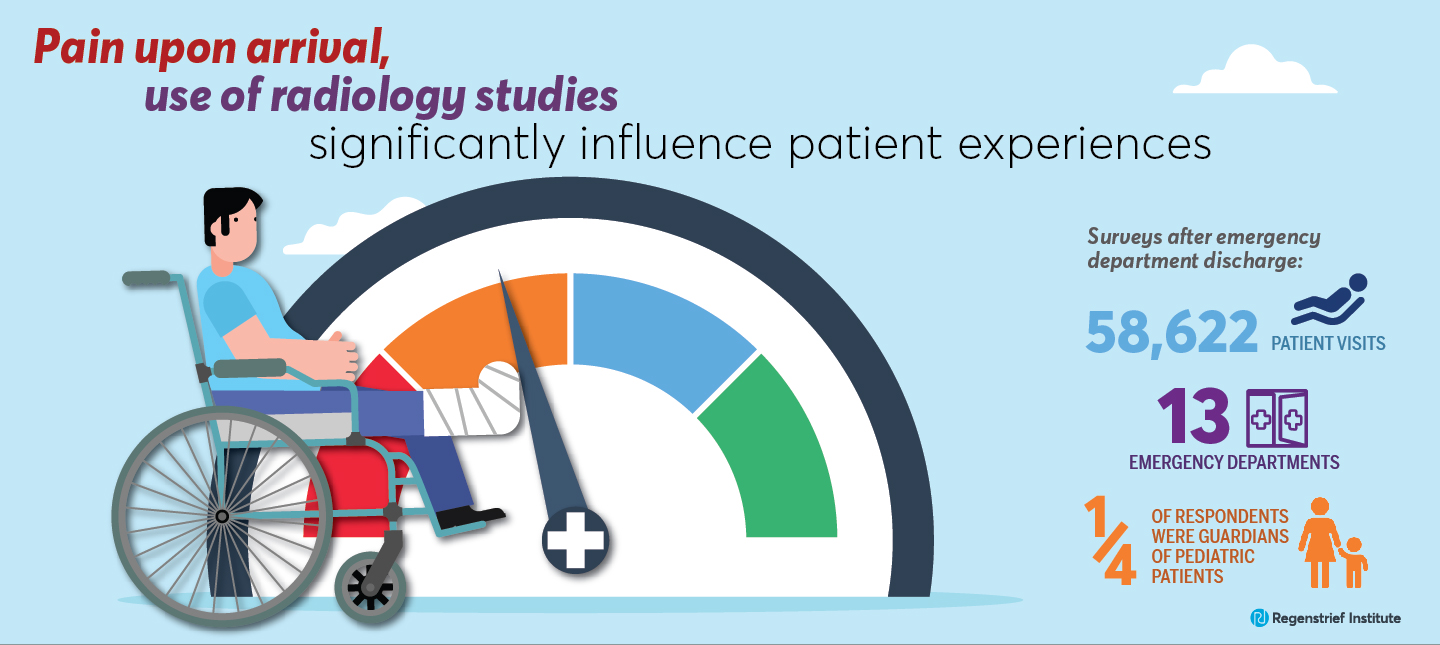
Care Delivery
The delivery of healthcare is something that Sam Regenstrief was particularly interested in. An inefficient healthcare experience is what led him and his wife Myrtie to found the institute.
Now its research scientists are exploring many avenues to improve care delivery. That includes decision support, symptom management, health communications and precision medicine. Regenstrief faculty are also experts in implementation science and quality measurement, analyzing both the success of interventions designed to improve care delivery and patient outcomes as well as success of the methods by which the intervention was implemented. Much of this work is conducted in partnership with the U.S. Department of Veterans Affairs, giving Regenstrief research scientists a national laboratory to conduct their research.
Many patients suffer from chronic symptoms such as pain, fatigue, insomnia or depression. Regenstrief has contributed to the development of scales and screeners to measure these symptoms, as well as interventions to manage them and improve the lives of those with long or short-term illnesses.
Regenstrief research also seeks to understand the dynamic of patient-provider relationships and the impact of technology, as well as the role of communication in patient outcomes. Handoffs and provider communication are another area of interest.
Implementation research is a relatively new field which examines research itself and how to meaningfully integrate it into practice. Regenstrief investigators and their teams devote their time and talent to understand and remove barriers to getting evidence-based research discoveries into healthcare settings. Regenstrief teams also use data to gain insights into the performance of healthcare systems, plans and interventions. Being able to evaluate care across different settings is the first step in being able to improve healthcare by identifying what works and what doesn’t.
Precision medicine combines prevention and treatment strategies, taking individual patient variables into account. This revolutionary approach to care has the potential to greatly enrich the amount of data available on a single patient and to leverage this data to improve quality of care and patient outcomes.
Projects
Related News & Stories
Two studies explore impact of pandemic on colorectal cancer screening and diagnosis
Temporary disruption to screening tests but minimal impact on diagnostic colonoscopies INDIANAPOLIS – Two recent studies by researchers from Regenstrief Institute and the Indiana University School...
Improving patient experience for the millions who visit an ED annually
Study explores clinical and operational factors associated with ED patient experience INDIANAPOLIS — A large scale study by researchers from the Regenstrief Institute and the Indiana...
Both sides of the coin: Lack of consensus on continuing vs. discontinuing opioid medications prescriptions for adults with chronic pain
INDIANAPOLIS – Chronic pain is complex and difficult to treat. Prescribing opioid pain medications has become controversial but may help some patients. With the goal of...











